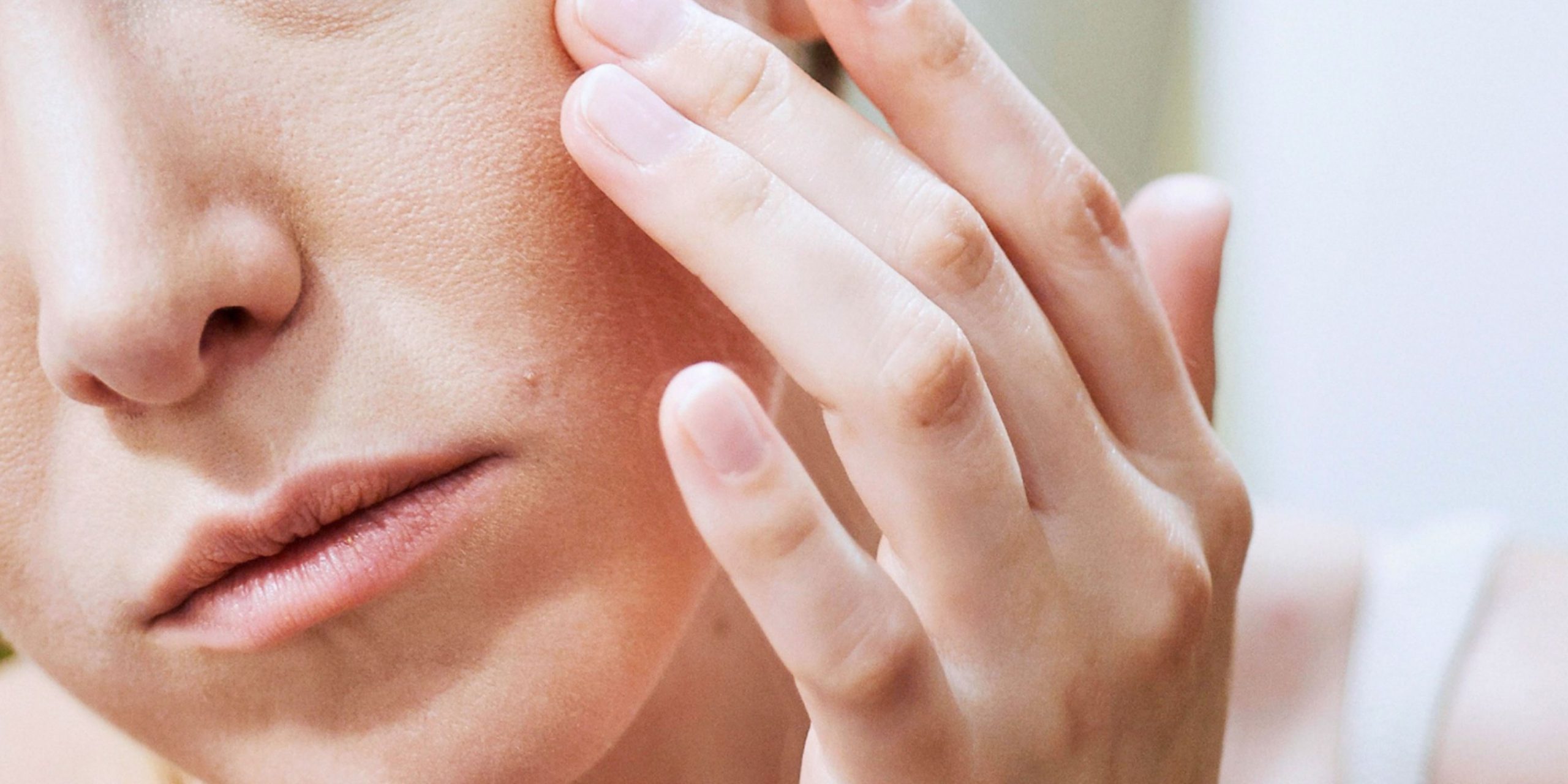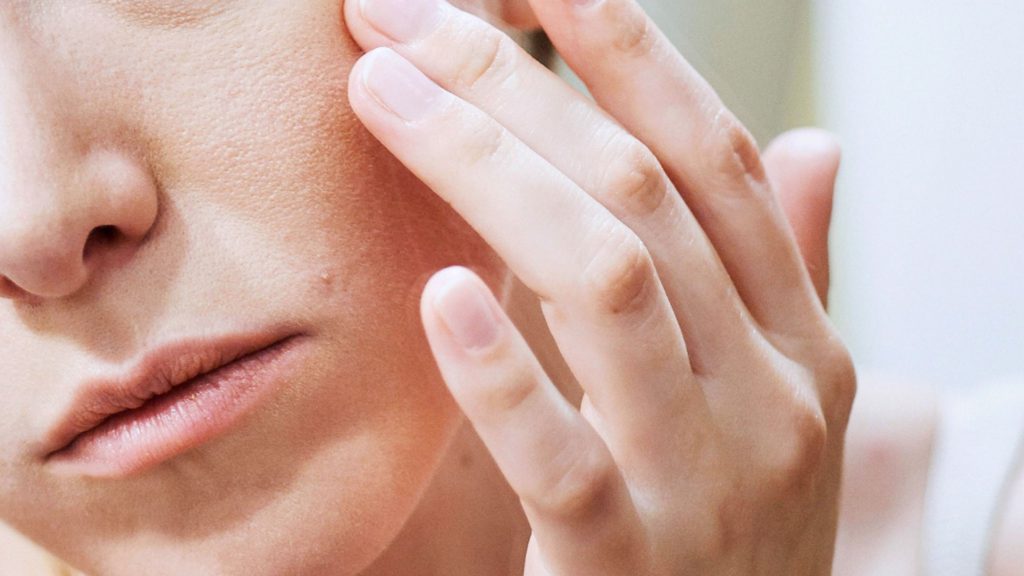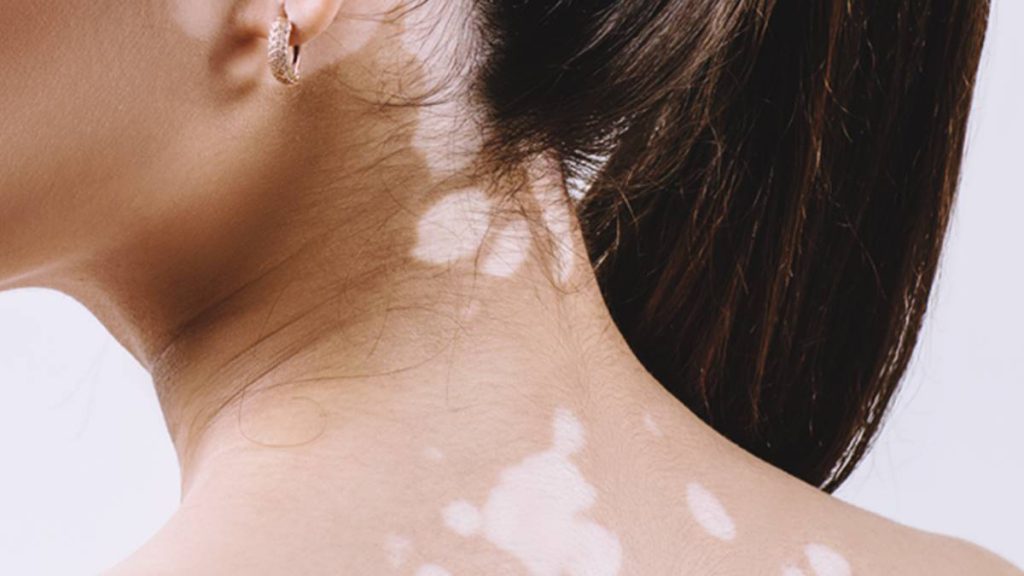What is eczema? What does it look and feel like?
Eczema (also called atopic dermatitis) is a condition that causes your skin to become dry, red, itchy and bumpy. It’s one of many types of dermatitis. Eczema damages the skin barrier function (the “glue” of your skin). This loss of barrier function makes your skin more sensitive and more prone to infection and dryness.
Eczema doesn’t harm your body. It doesn’t mean that your skin is dirty or infected, and it’s not contagious. There are treatments that can help manage your symptoms.
In the word “dermatitis,” “derm” means “skin” and “itis” means “inflammation.” The word as a whole means “inflammation of the skin.” “Eczema” originates from the Greek word “ekzein” which means to “boil over” or “break out.”
How common is eczema (atopic dermatitis)?
Eczema affects up to 15 million Americans. Infants are prone to eczema and 10% to 20% will have it. However, nearly half outgrow the condition or have significant improvement as they get older.
Eczema affects males and females equally and is more common in people who have a personal or family history of asthma, environmental allergies and/or food allergies.
How does eczema start?
The first signs of eczema are itchiness and redness.
Where does eczema most commonly occur?
Eczema can show up anywhere on your skin. In teens and adults, it’s typically found on your hands, neck, inner elbows, ankles, knees, feet and around your eyes.
Does eczema hurt? Does it burn?
Although some types of dermatitis are painful (contact dermatitis, for example) or cause a burning sensation, eczema is usually itchy.
Can eczema hurt the rest of my body, or kill me?
Eczema and other types of dermatitis are not harmful to the rest of your body. The condition is not deadly.




